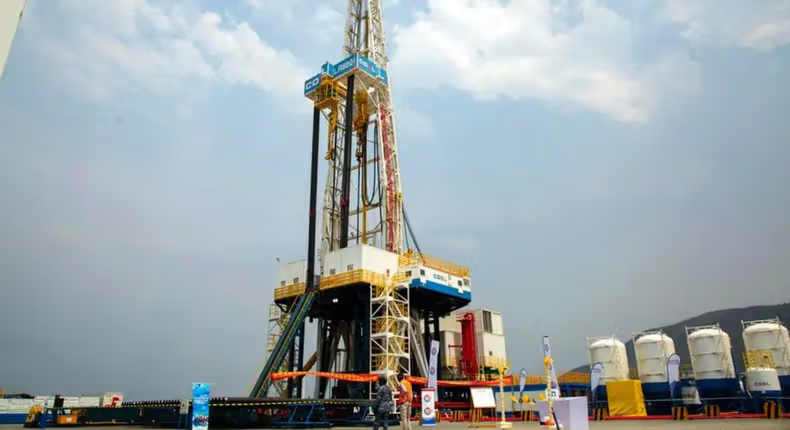Uganda is moving forward with an ambitious oil refinery project valued at around 4 billion dollars in Kabaale, Hoima District. The facility is designed to process up to 60,000 barrels of crude oil per day and marks a major step in the country’s plan to build a self-sufficient energy sector. The project is a partnership between the Ugandan government and a consortium of investors from the United Arab Emirates, with Uganda retaining a notable minority stake.
The refinery is part of a larger industrial initiative that includes the development of an energy and petrochemical park. This park will host fertilizer plants, factories, and other downstream industries, supported by new infrastructure such as roads, water systems, and a 200-megawatt power supply. The refinery’s completion is expected between 2029 and 2030, with production aimed at meeting Uganda’s growing energy needs while also supplying neighboring East African markets.
Once operational, the refinery will produce a variety of refined petroleum products including petrol, diesel, jet fuel, kerosene, and liquefied petroleum gas. It is expected to help reduce Uganda’s reliance on imported fuels, lower transportation costs, and stimulate job creation and regional investment.
Across the continent, Africa’s refining capacity is expanding as several countries launch new refineries or upgrade existing ones. Projects in Nigeria, Angola, and other parts of Africa are adding substantial refining capacity, collectively increasing output by more than a million barrels per day by the end of the decade. Uganda’s refinery plays a key role in this transformation, aiming to make East Africa a more significant player in global energy markets.
However, the project faces challenges including high capital costs, operational risks, and the global shift toward renewable energy. Maintaining efficiency and profitability will be crucial, especially since smaller refineries tend to face higher production costs compared to larger ones. Uganda will also need to ensure environmental protections, community benefits, and compliance with international standards to sustain long-term success.
If fully realized, the project could mark a turning point in Uganda’s industrial development and strengthen Africa’s position in refining and energy production for decades to come.


